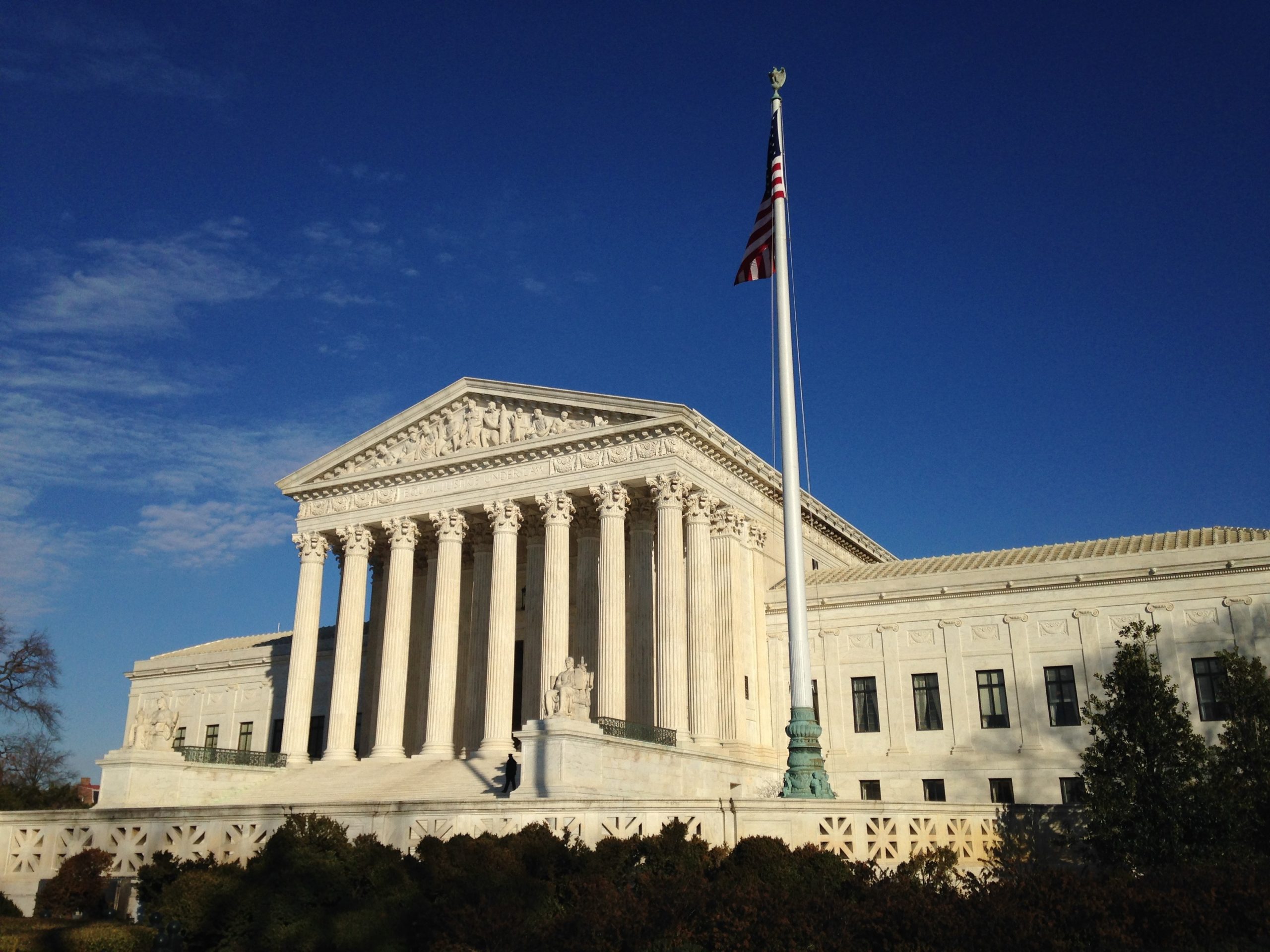February 26, 2024
WASHINGTON DC, USA | The United States Supreme Court is currently deliberating two landmark cases that could redefine the boundaries of free speech on the internet and shape the future of online discourse. The cases, Moody v. NetChoice and NetChoice v. Paxton, have major implications for the regulation of content on social media platforms such as Facebook, YouTube, and TikTok.
At the heart of the debate is the question of whether social media companies have the right to limit what their users can post, and to what extent. The court’s decision, expected by June, will mark a significant milestone in defining the scope of the First Amendment in the digital age, with far-reaching political and economic consequences.
If the court rules that tech platforms have no editorial discretion in deciding what posts to allow, it could lead to a proliferation of diverse viewpoints online. However, it may also exacerbate issues such as hate speech and disinformation, posing challenges to the platforms’ business models reliant on content curation to attract users and advertisers.
The justices are grappling with the complexities of applying existing laws and standards to social media sites, which operate at an unprecedented scale and largely automate their content moderation decisions. This challenge has also been evident in Congress, where lawmakers have struggled to enact new legislation governing online platforms despite bipartisan concerns.
The genesis of the laws under scrutiny stems from what critics term as “Silicon Valley censorship,” particularly the removal of posts expressing conservative views by major social media companies. Laws passed in Florida and Texas seek to address these concerns, with Florida’s law preventing permanent bans on political candidates within the state, and Texas’ law prohibiting content removal based on user viewpoint.
The legal battle has seen conflicting rulings from federal appeals courts in 2022 regarding the constitutionality of the state laws. Notably, the Biden administration has sided with the social media companies in both cases, arguing that the laws infringe on First Amendment protections.
In a rare move, the Supreme Court intervened to block the Texas law in 2022 while the case progressed, with a narrow 5-to-4 vote. Justices Alito, Thomas, and Gorsuch, along with Justice Kagan, expressed dissenting views on the decision.
The outcome of these critical cases before the US Supreme court will not only shape the future of online speech regulation but also influence broader discussions surrounding digital rights and responsibilities in the modern era.















